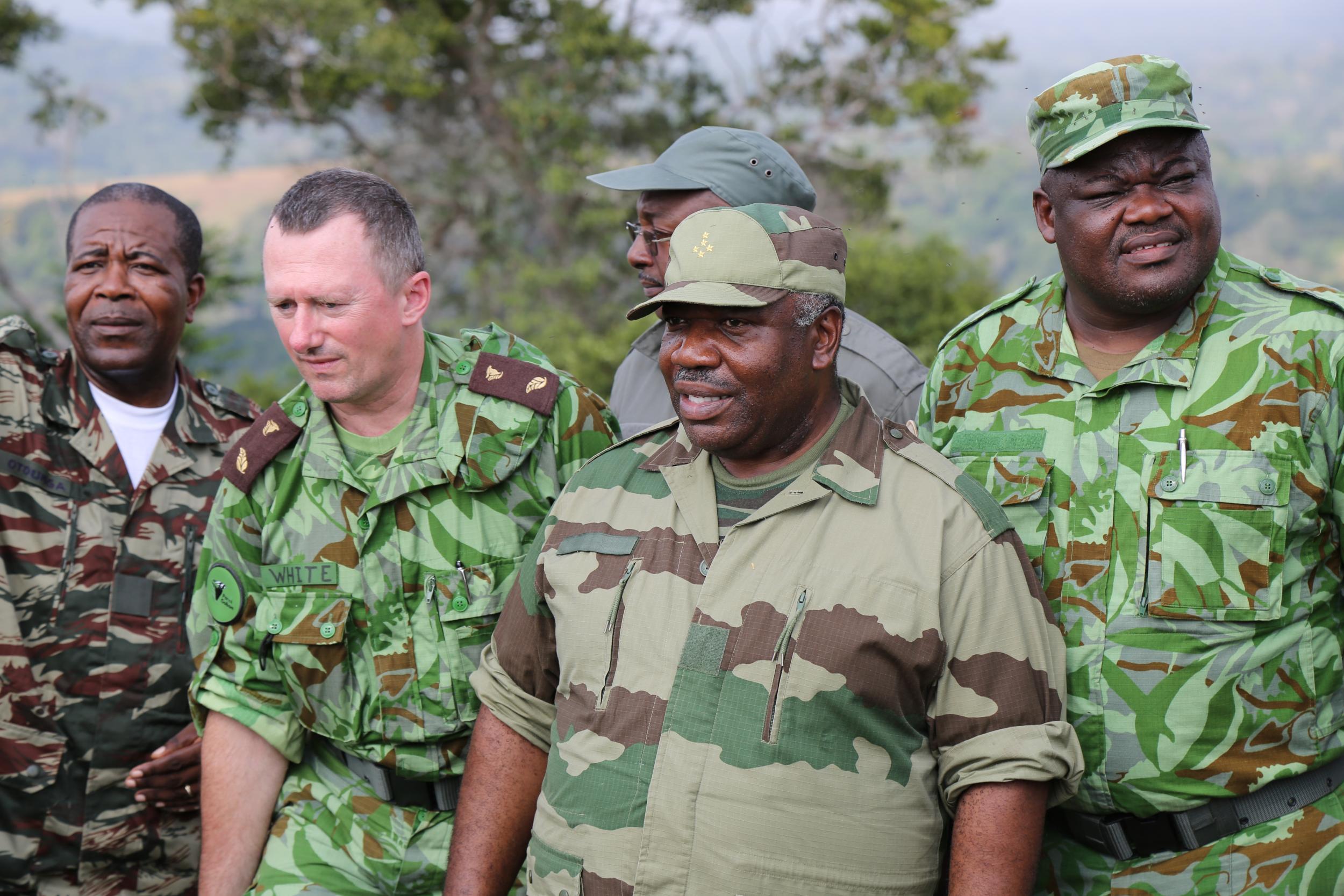The EU’s ruling has sentenced thousands more elephants to death
The decision not to give the animal the most protected status is ‘fatal’, says the Head of Gabon’s National Park Agency Lee White

Your support helps us to tell the story
From reproductive rights to climate change to Big Tech, The Independent is on the ground when the story is developing. Whether it's investigating the financials of Elon Musk's pro-Trump PAC or producing our latest documentary, 'The A Word', which shines a light on the American women fighting for reproductive rights, we know how important it is to parse out the facts from the messaging.
At such a critical moment in US history, we need reporters on the ground. Your donation allows us to keep sending journalists to speak to both sides of the story.
The Independent is trusted by Americans across the entire political spectrum. And unlike many other quality news outlets, we choose not to lock Americans out of our reporting and analysis with paywalls. We believe quality journalism should be available to everyone, paid for by those who can afford it.
Your support makes all the difference.The EU has blocked a proposal to give elephants the highest level of international protection possible at CITES, the Convention on International Trade in Endangered Species of Wild Fauna and Flora, in Johannesburg.
The 30 nations which comprise the African Elephant Coalition, as well as Botswana, argued for the urgent need to place all elephants on a list of the most endangered animals, called Appendix 1. This classification would have banned international trade in specimens of the species, which conservationists view as a vital step towards ending the current ivory poaching crisis. However, despite heated debate at the conference, the EU’s lack of support means elephants have not been up-listed.
Head of Gabon’s National Park Agency Professor Lee White says; “The EU’s decision is a death sentence. Any legal trade will continue to drive illegal international commerce in ivory, which will result in the slaughter of both elephants and and the rangers trying to protect them.
“What is at stake is not just the future of Africa’s elephants, but the integrity of our ecosystems and of our national security. It is clear that there is a link between legal sales of ivory and poaching. But it is also clear that trafficking in ivory, rhino horn and other wildlife products can destabilise entire nations and fuel organised crime.”
Across Africa a dramatic surge in killing over the past seven years has seen elephant populations shrink by a third, according to the recently published Great Elephant Census. What is driving the slaughter is the value of ivory, which can sell for around $1,100 (£850) per kilo in China.
“The vote against up-listing all elephants to Appendix 1 will be seen as a green light by the poachers, traffickers, organised criminal networks and terrorists who make money off illegal trade in ivory,” says Professor Lee White.
“Up-listing would have made been a clear sign to the world that ivory cannot be traded. That the international community will come down just as hard on ivory, as we do on drugs, arms and human trafficking. It would have been seen a declaration of war on the forces that destabilise African nations and who fund terrorism off natural resources.”
Last week delegates at CITES endorsed calls for the closure of all domestic ivory markets, however Africa is not united in its plea to ban international trade by placing pachyderms on Appendix 1. South Africa, Namibia and Zimbabwe have strongly lobbied for trade in ivory, arguing that it can support sustainable management of elephant herds.
Dr Max Graham, founder and CEO of charity Space for Giants, says: “The EU's decision is out of step with the overwhelming message from African states, with evidence of unprecedented levels of poaching on the ground and with global public opinion. It is simply criminal that a small group of out of touch bureaucrats in Europe should have the ability to dictate the fate of Africa's most charismatic species and the ecosystems and livelihoods that rely on their presence. Europe needs to wake up and smell the elephant carcasses.”
For more information about Space for Giants visit www.spaceforgiants.org
Join our commenting forum
Join thought-provoking conversations, follow other Independent readers and see their replies
Comments